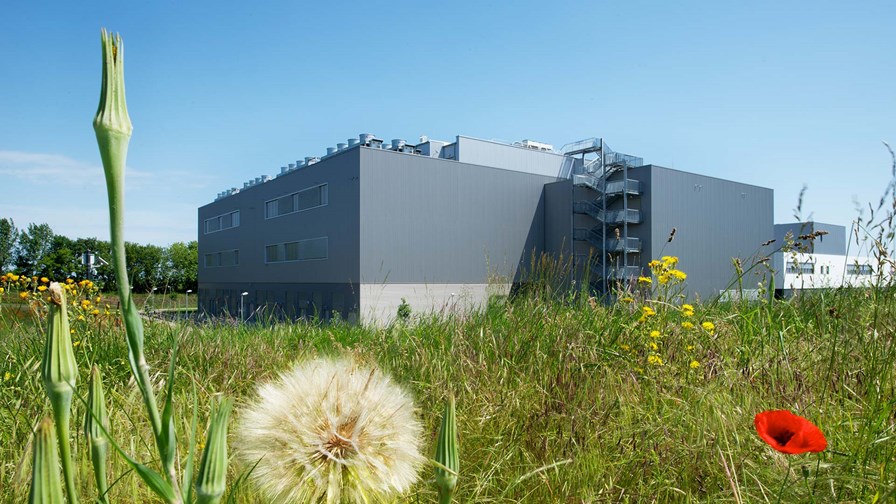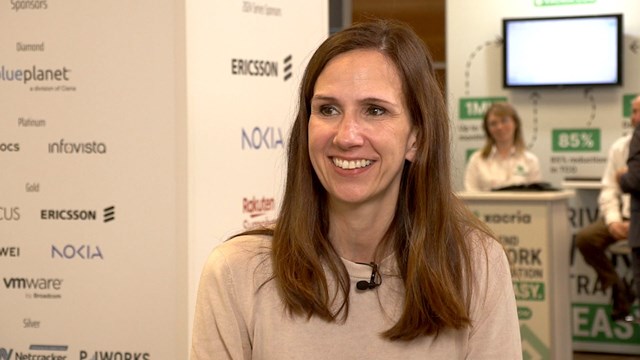
Biere data centre © Deutsche Telekom
T-Systems, Deutsche Telekom's corporate customer arm, yesterday opened a new campus for the largest data centre in Germany. Situated in Biere, near the city of Magdeburg (which also houses a near identical facility), the new data centre is the telco’s response to the rapid increase in demand for secure cloud services in Germany. The building complexes are fully shielded and claim to incorporate the highest security measures to protect data from unauthorised access.
"We are investing in Germany as a centre of IT business because German data protection standards are highly valued,” said Tim Höttges, CEO of Deutsche Telekom. “Our customers now have a ‘High-Tech Fort Knox’ from a cloud provider they trust fully. IT made in Germany is in demand. We would be very pleased if the political framework continues to make ambitious IT projects possible in Germany.”
Data privacy regulations in Germany are amongst the most stringent in the world. Not only do they cover the broad European Union rules, but they add layers of complexity of their own. For example, German law does not recognise ‘safe harbour’ regulations in the same way that are common elsewhere. It requires all parties involved in data transfer to have much more formalised and structured safe harbour agreements. For German businesses, using cloud services from US providers can be a headache, which is why a home-grown alternative is often preferred.
Germany is also rather strict on personal data protection, with each state having its own set of laws. As TelecomTV reported earlier this week, the German government has terminated its agreement with US telco Verizon after revelations that the NSA was eavesdropping on calls and emails from Chancellor Merkel (with the new contract awarded to Deutsche Telekom, naturally).
Together, the data centres in Biere and Magdeburg will work in parallel, to protect against service disruption if one of the sites goes offline. Entry to the twin sites is strictly controlled, with the servers only accessed via bridges. Then of course there is the inevitable multi-layered technical protection from hacks and cyber attacks.
Höttges believes that the combination of high-performance data centres and fast, secure networks is essential if Deutsche Telekom is to take a leading position in areas such as big data and IoT. The Biere/Magdeburg twin site will be a significant hub in Telekom's worldwide data centre infrastructure, which will eventually encompass eleven international sites by 2018.
The new building in Biere will be the largest cloud data centre in Germany and one of the largest in Europe once all building phases have been completed. It covers 5,400 square meters of floor space with room for around 30,000 servers. The Biere facility is also a green data centre, utilising innovative cooling to reduce its total energy requirements by around one-third relative to comparable data centres. It is already one of only ten data centres worldwide to be awarded the international LEED Gold certification. By 2020, the telco intends to reduce its total CO2 emissions by 20 per cent.
According to market research data from Experton, T-Systems ranks first for managed cloud services, managed private cloud services and cloud workplaces for the German SME market.
Email Newsletters
Sign up to receive TelecomTV's top news and videos, plus exclusive subscriber-only content direct to your inbox.




